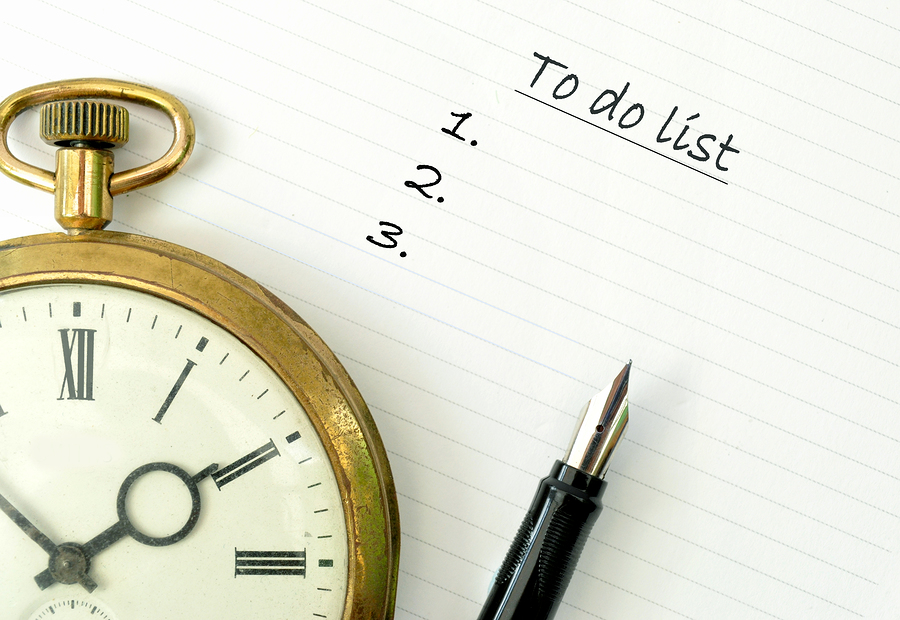How to go back to sleep when you wake in the early hours
Waking up in the middle of the night can be frustrating, especially when it disrupts your sleep rhythm and leaves you feeling groggy the next day.
But there are ways to drift back to sleep without too much hassle. Here’s a guide on how to lull yourself back to sleep in the early hours and get that much-needed rest.
1. Stay calm and don’t look at the clock
Resist the Urge to Calculate Lost Sleep
- Checking the time or calculating how long you’ve been awake can trigger stress. It makes you focus on what you’re “losing,” not on how to ease back to sleep. Set a simple goal to rest calmly, even if sleep isn’t immediate. This can prevent any anxieties about waking up too early.
2. Try progressive relaxation or breathing exercises
Release Tension Slowly
- Progressive muscle relaxation can help distract your mind while relaxing your body. Start at your toes and work your way up to your head, gently tensing each muscle group for a few seconds and then releasing. Alternatively, breathing exercises, like the 4-7-8 technique (inhale for 4 counts, hold for 7, exhale for 8), can also relax your body and mind.
3. Avoid turning on bright lights or screens
Keep the Environment Sleep-Friendly
- Light exposure, especially blue light from phones, disrupts melatonin production, a hormone critical for sleep. If you need some light, opt for a dim, warm lamp or a nightlight. Keep screens away to avoid the stimulation that can make it harder to fall back asleep.
4. Try a gentle visualisation exercise

Mentally Transport Yourself to Calm Places
- Visualisation helps divert attention from wakeful thoughts. Picture a peaceful scene, like a beach or forest, and immerse yourself in sensory details: the sound of waves, the feeling of sand underfoot. This mental imagery can promote relaxation and help you transition into sleep.
5. If you’re not asleep after 20 minutes, get up for a short, calming activity
Engage in Quiet, Non-Stimulating Tasks
- Sometimes, staying in bed while struggling to sleep can create tension. If you haven’t dozed off after 20 minutes, get up and do something relaxing, like reading a book (one without too much excitement), journaling, or listening to calm music. Avoid anything that could be mentally stimulating.
6. Consider white noise or relaxing soundscapes
Mask Disruptive Sounds with Soothing Audio
- White noise or nature sounds can help drown out random noises and steady your brainwaves for better sleep. Apps or white noise machines offer various options: rain, ocean waves, or even a light hum that masks the environment and soothes your brain.
7. Try aromatherapy for a calming effect

Use Essential Oils to Promote Relaxation
- Certain scents, such as lavender, chamomile, or sandalwood, are known to promote relaxation. A quick sniff from an essential oil bottle or using a pillow mist can be enough to calm your senses and signal your brain that it’s time for rest.
8. Keep a cool and comfortable environment
Adjust Your Space for Optimal Comfort
- Temperature can play a significant role in sleep quality. A slightly cooler room, between 60-67°F (15-19°C), is typically best for sleep. Ensure you have enough blankets to stay cosy, but not so much that it raises your body temperature and keeps you awake.
9. Clear your mind with a “brain dump”

Get Thoughts Out on Paper to Relax the Mind
- If worries or to-dos keep racing through your mind, jotting them down can help. Write down anything that’s bothering you or any reminders. This externalises the stress, freeing up your mind for rest.
10. Keep the night routine consistent
Train Your Body and Mind for Sleep
- Your body and brain thrive on routine. Try to go to bed and wake up around the same times each day. This way, your internal clock gets used to a pattern, helping prevent frequent nighttime awakenings.
Sometimes, waking up in the night is unavoidable, but with these steps, you can ease your way back to sleep. If sleeplessness persists regularly, it may be worth exploring further with a healthcare provider to rule out any underlying issues, like insomnia or sleep apnea. Good sleep hygiene combined with calm, practical steps can make those middle-of-the-night wake-ups far less daunting.
Latest posts by Sally - Silversurfer's Editor (see all)
- Freezing this Christmas, a charity single could hit the number one spot - December 20, 2024
- Theatre tickets from £10 for 50+ London shows with See It Live in 2025 - December 19, 2024
- Should Waspi women be entitled to compensation? - December 17, 2024
- What was your favourite childhood toy? - December 17, 2024
- It’s never too late to play bridge - December 15, 2024




















